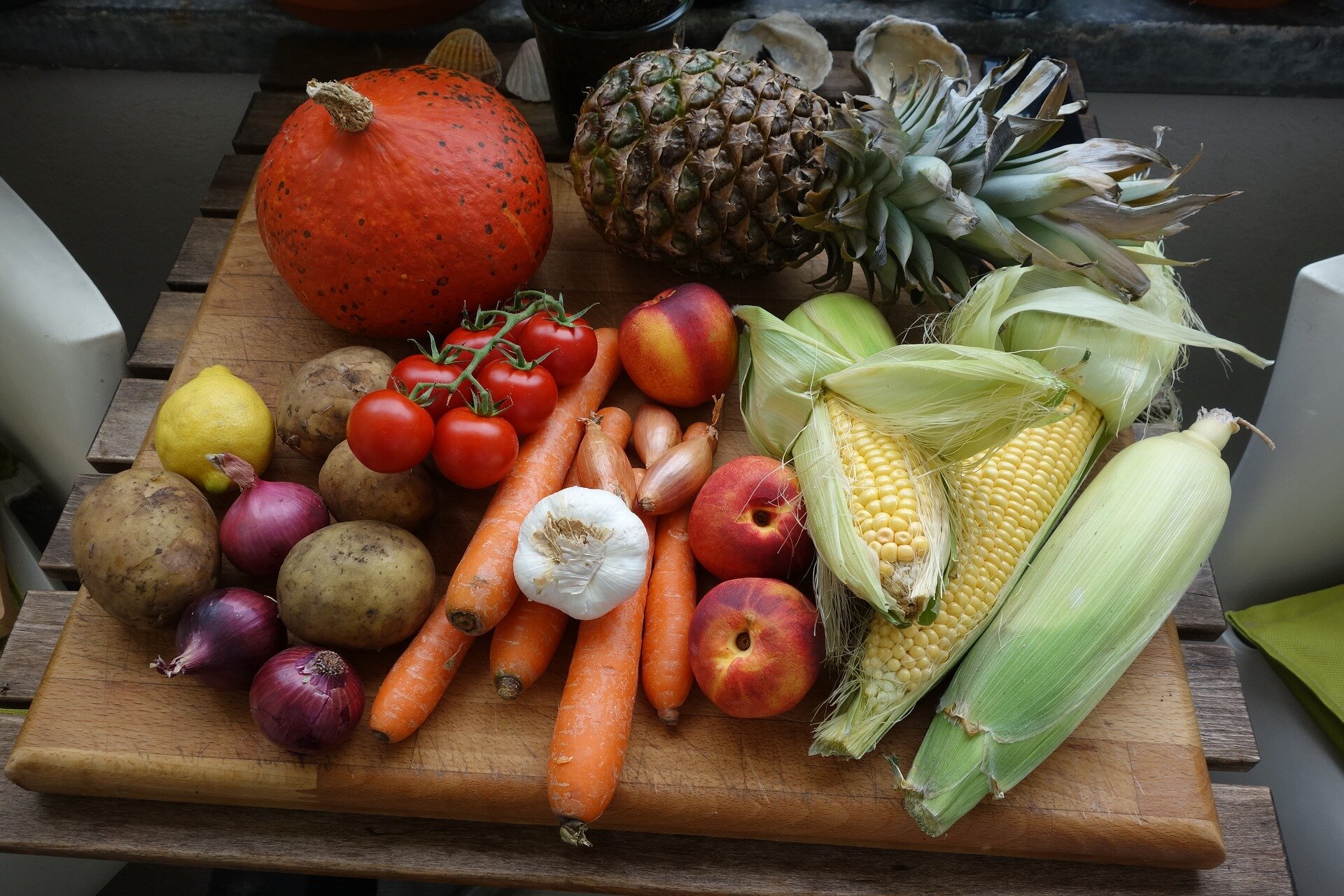Plant-based diets: wholesome nutrients are just the beginning
Eating a whole foods plant centered diet promotes health in countless ways and plants’ secrets are revealed by recent research
Eat more fruits, veggies and whole grains and minimize ultra processed food, this is the nutrition advice in a nutshell most health experts impart. Many interpret this guidance as the best way to consume lots of nutrients – such as vitamins and minerals – and to avoid overeating and weight gain.
It’s undeniably so. A healthy whole foods diet is one of the best ways to consume all the nutrients we need; it’s calorically less dense and more satiating than processed food.
But there’s another important reason this diet is linked with lower risk of heart disease, diabetes and cancer: this may be the diet that supports a healthy microbiome.
Our microbiome is composed of the trillions of microbes within our body – bacterial cells outnumber our own cells tenfold. Gut microbes are involved in our immune modulation, they produce many necessary metabolites, including vitamins, antioxidants, and key short chain fatty acids. The environment that we create within our body is part of what determines which bacteria will thrive and which will decline.
Because lifestyle is the most important regulator of the microbiome.
A study of more than 1000 people published in the journal Nature found that sharing genetic makeup mattered much less than sharing a diet and an environment, as just 2 percent of the gut microbiome is genetically determined.
Eating to feed good bacteria
Several studies have looked at the diet-microbiome connection.
Greater adherence to a mediterranean diet pattern was associated with a beneficial microbiome pattern in a study of 153 Italians. There are several studies showing that vegans and vegetarians – who tend to eat more fruits and veggies – exhibit a more favorable microbiome.
A new study in the American Journal of Clinical Nutrition looks at a much larger population of almost 5000 Finnish people, and at their whole diet to see how gut microbes are affected. The study examined diets based on detailed food questionnaires, and those were scored for healthy food choices based on well established dietary guidelines. Microbiome diversity and species were characterized by studying stool samples.
Healthier diet scores – those with more fruits, vegetables and whole grains – were linked with healthier microbiomes. Red and processed meat were associated with less diversity and fewer of the beneficial type microbes.
Dietary fiber may be one of the most important influences on gut microbiome flora in this study and in others. We depend on our bacteria to break down fiber, and the more fiber in the diet the healthier the microbiome.
For far too long people have looked at foods as the sum of its macro- and micro-nutrients, and believed that you can get away with eating poorly by supplementing with a multivitamin. But we shouldn’t view fruits and vegetables as just a vitamin source: we eat the whole thing because the whole is much greater than its (known) parts and because that’s the diet we evolved with. Fruits and veggies were known to be healthy before we discovered vitamins, and way before we developed nutrition science. The new revelations about the microbiome might help clarify one more aspect of plant-based foods benefits.
“The results of our study support the balanced plant-rich diet recommended by dietitians around the world,” the authors conclude.
Eating a whole foods plant centered diet promotes health in countless ways and plants’ secrets are slowly revealed – a plant-rich diet probably also improves outcomes through a more diverse and beneficial microbiome.
Dr. Ayala

